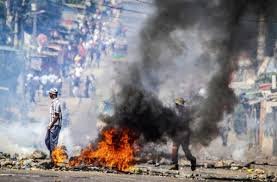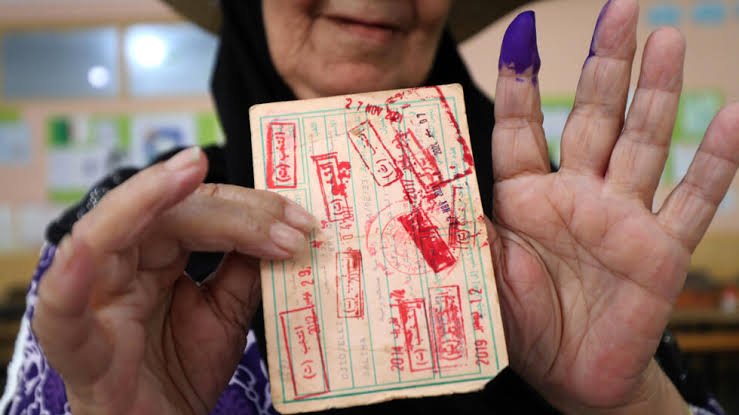The government of Mozambique has prohibited all protests following weeks of violent demonstrations sparked by a disputed presidential election. The unrest has resulted in significant casualties, with reports of at least 18 deaths and many injuries.
Interior Minister Pascoal Ronda justified the ban as essential for restoring public order, labeling the protests as “acts of terrorism” that disrupt daily life and endanger citizens. He urged the public to cooperate with authorities to end the unrest.
The protests began in late October after Daniel Chapo, the candidate from the ruling party Frelimo, was declared the winner with over 71% of the vote. Opposition leader Venâncio Mondlane, who secured 20%, went into hiding before the results were announced, citing safety concerns after the killing of his lawyer and aide.
Demonstrations have escalated since October 9, with protesters clashing with police, who used tear gas and rubber bullets to disperse crowds. The demonstrations have caused widespread disruption, including road barricades and fires in the capital, Maputo.
Ronda announced that protests are now banned due to their severity, accusing organizers of using “drugged” youths to destabilize the country. He vowed that authorities would not tolerate such activities, describing them as criminal acts.
Some human rights organizations estimate that the death toll exceeds 30. Additionally, two foreign journalists covering the unrest were reportedly detained under unclear circumstances, sparking concerns from their employer about press freedom and their safety.
Internet access across Mozambique has been restricted, with critics claiming it is a move to suppress dissent and criticism of the government. Opposition groups and observers allege that the election was rigged, though the government denies these claims.
The election marks the end of President Filipe Nyusi’s tenure after two constitutional terms, with tensions continuing to rise in the aftermath.



